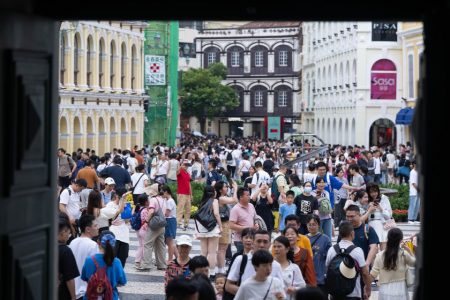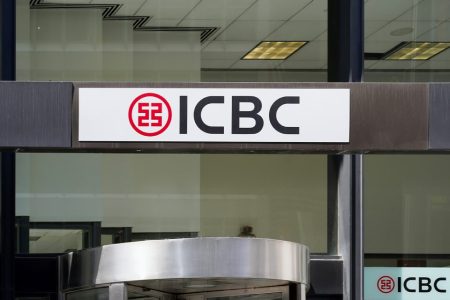Lawmaker Andrew Chan Chak Mo, who chairs the Legislative Assembly’s 2nd Standing Committee, said yesterday that the contribution rate allocated from the gross gaming revenue (GGR) of the city’s future gaming concessionaires will remain unchanged, adding that the concessionaires will have to get the green light from the chief executive before taking any major financial decisions.
Speaking after yesterday’s closed-door meeting reviewing the city’s gaming amendment bill with government officials, Chan said that the meeting mainly focused on the obligations of the future gaming concessionaires.
The meeting was attended by Secretary for Economy and Finance Lei Wai Nong and other government officials, including six lawmakers who are not members of the 2nd Standing Committee but are entitled to attend the meetings without taking an active part.
According to the current gaming law, contributions of up to three per cent from the six concessionaires’ GGR are earmarked for the city’s development, such as promoting tourism and providing funds for the Social Security Fund (SSF).
Chan mentioned that some committee members questioned whether the contribution rate would be increased. Chan quoted the government officials as saying that no increase will be made because the special gaming tax and the concession premium, plus other special kinds of taxation, already account for 40 per cent of the GGR, which is much higher than the tax rate in other jurisdictions.
The special gaming tax amounts to 35 per cent of the concessionaires’ GGR, while the contributions and other mandatory payments amount to up to five per cent.
Some committee members also asked if a larger portion of the contributions could be allocated to the SSF. Chan quoted the government officials as saying that the provisions related to the SSF should not be amended by the gaming bill and that future discussions with the Secretariat for Social Affairs and Culture could be held if necessary.
According to the bill, the future gaming concessionaires must notify the chief executive before taking any “major financial decision” that exceeds the amount stipulated in their respective concession agreement. Chan said that some committee members asked how to define a “major” financial decision. Chan quoted the government officials as saying that the requirement will be clearly stated in the respective concession agreements signed by the future concessionaires.
Chan also quoted some committee members’ question on whether the bill will stipulate the maximum amount of such major financial decisions for each concessionaire. Chan quoted the officials as saying that it was not possible to standardise the amount of money in the bill as different companies are of different sizes, and that failure to notify the chief executive about a major financial decision that exceeds the contractually stipulated amount could result in a fine of up to MOP 5 million, or even cancellation of the concession if it is found to be violating the respective regulations.
Chan added that the government would not refuse a major financial decision if it turns out to be a “normal” one, The Macau Post Daily reported.






